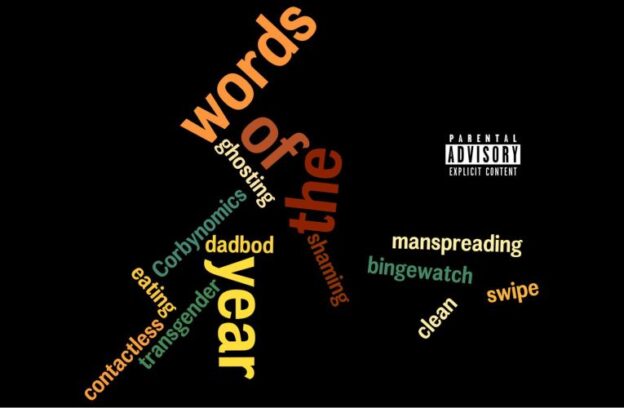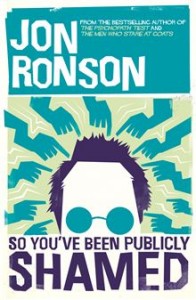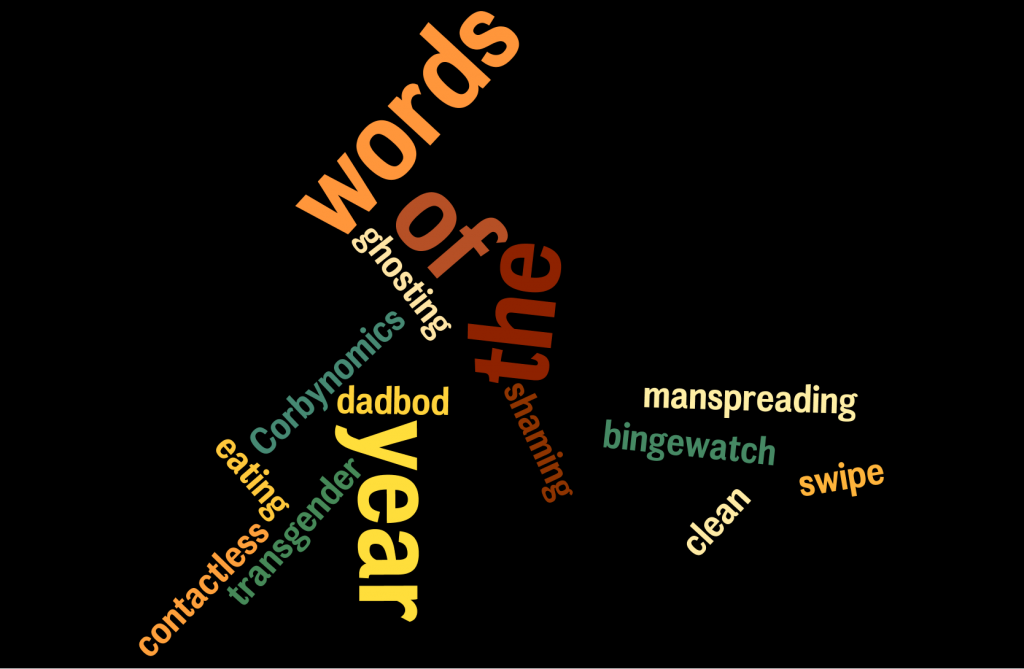This episode could make a huge difference to your English learning. So listen up and get ready for a motivational boost! Joining me on the podcast today is Olly Richards – a polyglot who speaks 8 languages. Olly has some very motivating and practical advice on how to learn languages as an adult. There’s so much to learn from Olly in this episode, so I really want you to pay attention and have a proper think about the ways in which you are learning English. (I really sound like a teacher, don’t I? – or your Dad or something – “Now pay attention! Sit up straight! Put that down! Stop fidgeting. Listen to the man! This is very important for your English in the future!)
![]() [DOWNLOAD]
[DOWNLOAD]
Being Committed to Language Learning
What I’ve personally taken away from this episode is the importance of making a commitment to yourself about your language learning. Commitment is really important for giving you the motivation to get things done, and to add language learning habits into your lifestyle. Commitment, motivation, habit, positivity – these are some of the vital elements for language learning. It’s also about being honest with yourself about what you’re doing to really push your learning forwards. It’s about taking responsibility for learning and finding your own little strategies for adding language learning into your daily routine. Olly is a living example of how it really is possible to learn languages as busy adults.
If you listen until the end of this episode you’ll hear me make a commitment to myself about my French, and it’s a good feeling because I really need to get a grip on that, because my French is not as good as I would like it to be – so you’ll hear Olly encourage me to make a commitment about my French, but also Olly and I invite you to make a commitment about your English too – even a small commitment, and write it in the comments section of this episode. I’ll talk more about that in a moment. But first, let me tell you a bit about Olly Richards.
Olly Richards – English Polyglot
Here are some things that people say about language learning.
People say English people are no good at learning languages, right?
Wrong.
They also say that to learn a language quickly you need to be a child.
Wrong too, apparently.
Another thing people say is that the best way to learn is by signing up to group classes in a language school.
Not necessarily.
Also, it’s often said that to learn a language properly you need to be living in the country where that language is spoken. But that might not be the case.
And, a lot of people say “I’m too busy to learn a language. I don’t have time, and I never meet any native speakers!”
Another thing people say is, “I’m just no good at languages. I think I’m language proof!”
Don’t say that to yourself! A lot of excuses and reasons why we find it difficult to learn English.
Keep listening. (because you’re probably listening to this, not just reading it – right?)
Olly is living proof that English people, just like any other nationality, are perfectly capable of learning a foreign language to a proficient level. In fact, Olly is a polyglot, which means he can speak lots of different languages. In fact, at the moment Olly can speak Spanish, French, Italian, Brazilian Portugese, Japanese, Cantonese and Arabic. Not bad for a guy from England – a country where most people just speak one language, and some people struggle even with just one language, especially after a few drinks.
So, what’s the story with Olly? Is he just a specially gifted person? Was he born with the ‘language gene’, or does he have the force or something? Does he have waaaaay more time in the day than anyone else? Did he go to some really brilliant language schools and follow the amazing methods of a language guru? Did he just learn these languages as a child by growing up in different countries?
The answer to all of these questions seems to be no. No, he isn’t, he wasn’t, he doesn’t, he didn’t. Olly says he doesn’t have a particular gift for language acquisition. He wasn’t born with a language gene. He doesn’t really like learning in a classroom environment so he didn’t just attend some great classes in other languages, and these days he has a busy schedule just like the rest of us, with his job and also the great work he does on his website IWillTeachYouALanguage.com. So it’s not like he’s got acres of spare time at his disposal. Also, Olly didn’t learn any of these languages as a child. They’ve all been learned during adulthood.
So, how has he done it? How has he learned lots of languages and how does he keep them all in his head? What are the techniques for effective language learning as an adult? And, what’s Olly like and what stories can he tell us?
That is essentially what you’re going to get in this episode. All those answers and more. You’ll also hear Olly give me a much needed motivational boost about my French. In fact, while talking to Olly I made a commitment to myself to improve my French in one simple way every day – and that’s simply to do a minimum of 10 minutes of study from my French text book every evening. It doesn’t sound like much, but it’s a starting point and I really believe that if I make that a really fixed daily habit it could make all the difference to my French.
And you can do it too (but with English, not French obviously, unless you’re also learning French, in which case yes you could do it too). In fact in this episode we invite you to make a simple commitment to yourself about learning English, today, and to write that in the comments section. Listen until the end of the conversation to find out all about that.
OK, so it’s time to start the conversation with Olly Richards – the professional English polyglot who has tons of advice on how to learn languages as an adult. Ready? Let’s go!
*Interview begins*
So, that was the interview – I think you’ll agree that there is a lot to learn and to think about.
Make a New Commitment to Your Language Learning – Join Me!
Just think of one specific thing you can do every day, as part of your daily routine. It could be related to pronunciation, vocabulary, grammar, reading or any area you think is important for you. Write your commitment in the comment section of the episode. Then Olly will read your comments and give you some personal encouragement himself. Yes, he’ll write comments to you with some encouragement. For example, your commitment could be, as a starting point, “I will read a novel in English for 10 minutes every morning when I get up.” Just 10 minutes. Think of your commitment and write it in the comment section. Go ahead and give your English a boost! It could make all the difference.
Here are some links to Olly’s work online
Click here to visit Olly’s website, where you can read his blog posts, download his eBook, sign up to his mailing list and listen to his podcast – IWillTeachYouALanguage.com
Here’s a popular post which we mentioned in the episode – My Crazy 5AM Language Learning Routine
You can also find Olly on twitter here, where he tweets things related to language learning: https://twitter.com/Olly_IWTYAL
Other Links
Want to read a book in English? Don’t know which book to choose? Check out my reading list here.
Check out Flashcards Deluxe on the iTunes store here, or in the Google Play store here. There are lots of other free Flashcards apps available too.
Want to know more about using mnemonics and memory techniques for remembering vocabulary? Listen to my episode about that subject here https://teacherluke.co.uk/2014/02/05/167-memory-mnemonics-learning-english/
And finally, let me remind you about the sponsors for this show who decided that they wanted to give my listeners the chance to get 10$ worth of free lessons or speaking sessions. With iTalki you can find teachers or native speakers to give you speaking practice from the comfort of your own home. iTalki uses Skype as a platform and you can pick your teachers and schedule classes based around your specific lifestyle and routine. Speaking to native speakers is a vital way of genuinely accelerating your English. And remember that LEPsters – you get a discount if you sign up by going to https://teacherluke.co.uk/talk.
That’s it for this episode, I hope you enjoyed it. I did. I found Olly to be fascinating and very useful and I’m looking forward to following his advice for my French.






















